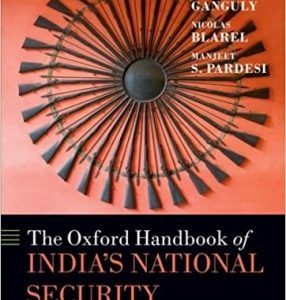
Sumit Ganguly

Showing all 9 books

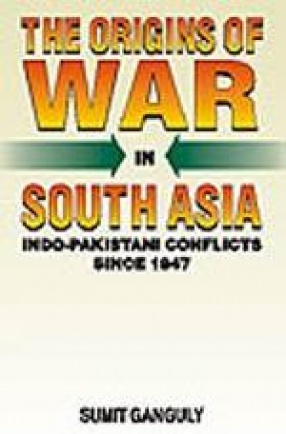
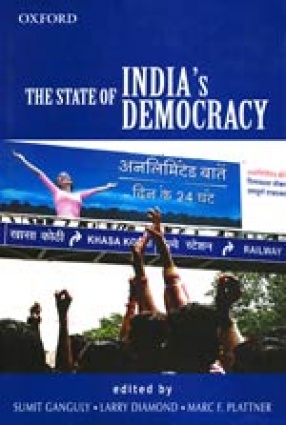

India faces an array of national security challenges ranging from territorial disputes with China and Pakistan, state-sponsored cross-border terrorism to internal security issues related, ethnic and class-based insurgencies. Its national security agenda encompasses issues related to economics, environment, development, and transnational criminal activities. More than two decades of rapid economic growth in India has also added energy security to the national ...
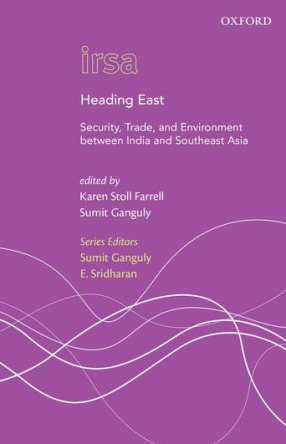
The end of the Cold War and economic liberalization in India marked a new turn in Indian diplomacy. The ‘Look East’ policy promulgated in the early 1990s entailed several strategic and economic initiatives aimed at deepening India’s ties with Southeast Asia, which had been neglected earlier. Despite the launch of the program a decade and a half ago, India’s involvement with the region proved to be fitful. With the ‘Act East’ ...
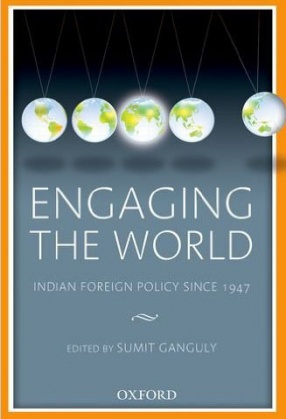
Over the past two decades, India has emerged as a rising power with growing economic capabilities and increased military prowess. Engaging the World explains the evolution of India’s foreign relations from 1947 to the present day, taking into consideration international, domestic, and individual circumstances.
Using a multilevel analytical framework to organize each chapter, the book provides a comprehensive survey of India’s relations with its ...

This short introduction provides a clear and succinct account of the evolution of Indian foreign policy over six decades since Independence. It explains how the three approaches to the study of international politics-decision-making, systemic/global, and national/domestic-have helped in formulating and implementing India's foreign policies.
The five chapters cover the ideational period, starting immediately after Independence and ending with the Sino-Indian ...

Ever since independence, India and Pakistan have been locked in seemingly unending conflict. This book investigates this mutual hostility, offering a detailed account of the four wars and several crises that have punctuated Indo-Pakistani relations. In a timely epilogue, the author assesses the repercussions of the September 11, 2001, terrorist attacks on the political balance of the region. The author explains how memories of partition, divergent conceptions of ...
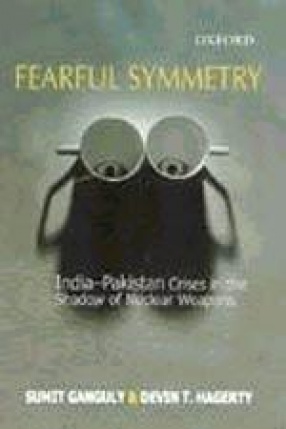
With the nuclearization of the Indian subcontinent, Indo-Pakistani crisis behaviour has acquired a different significance altogether. The past two decades have witnessed no fewer than six crises, with a vigorous nuclear arms race as the backdrop all the while. However, all but one of these six--the Kargil War of 1998-9--were resolved peacefully. What lies behind the avoidance of a major war in spite of every reason for one--mistrust; everyday tensions; an ...


This is a truly authoritative study of the three Indo-Pakistani conflicts since 1947. Sumit Ganguly’s is a comprehensive exploration of the causes and consequences of these clashes. Reassessing the origins of war in South Asia and ongoing ethnic strife in the region, he identifies and examines key developments, including shifts in policymaking necessitated by the collapse of the Soviet Union and the incipient nuclear weapons programmes of both India and ...

This volume examines the past accomplishments and continuing challenges facing Indian democracy. India has long stood out as a remarkable exception to theories holding that low level of economic development and high levels of social diversity pose formidable obstacles to the successful establishment and maintenance of democratic government. More than sixty years after its independence, India has become an even more important object of study for scholars of ...
